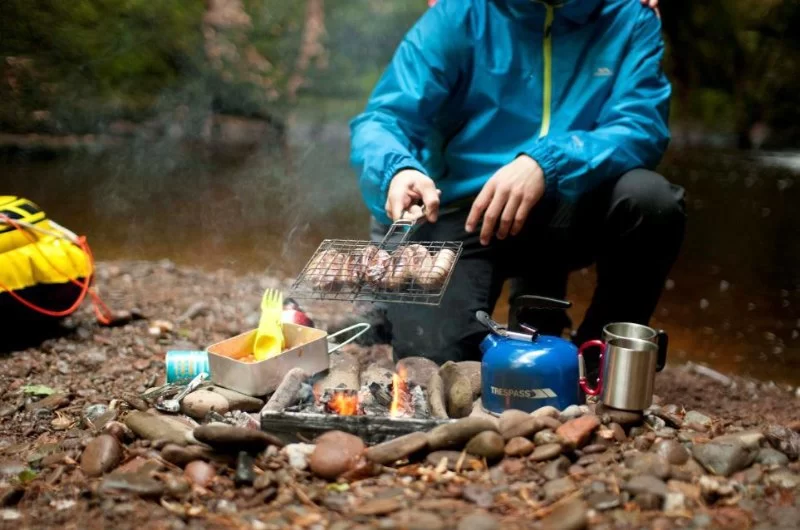Learn how to deal with food poisoning while camping, from prevention tips to practical recovery steps, ensuring your outdoor adventure stays safe and enjoyable.

1. Understanding food poisoning in the wild
Food poisoning while camping is not just an inconvenience—it can turn a weekend getaway into a serious medical situation. Caused by harmful bacteria, viruses, or parasites, it often stems from undercooked meat, improperly stored food, or contaminated water. In the wilderness, where access to immediate medical care is limited, prevention and quick action are crucial.
Imagine hiking into a remote part of a national park, only to be sidelined by severe stomach cramps and nausea. Without easy access to pharmacies or hospitals, the risk can escalate quickly, making knowledge your first line of defense.
2. Early warning signs to watch for
The earlier you identify the symptoms, the better you can respond. Watch for nausea, vomiting, diarrhea, stomach pain, fever, and chills. In a camping environment, these can be mistaken for dehydration or heat exhaustion, so it’s important to pay attention to when symptoms start and if they intensify after eating.
One camper reported feeling slightly off after a riverside lunch of grilled fish. Within two hours, he was severely dehydrated and struggling to keep water down. Recognizing the onset early could have allowed for faster intervention and a less severe outcome.
3. Immediate steps to take when symptoms hit
If you suspect food poisoning, stop eating immediately and focus on hydration. Clean, boiled, or bottled water is essential—avoid untreated river or lake water. Oral rehydration salts can be a lifesaver, helping replace lost electrolytes. Rest in a shaded, comfortable spot, and if symptoms worsen—especially if blood appears in stools or vomiting persists—make arrangements to get to the nearest medical facility.
Carrying a basic camping medical kit with anti-diarrheal medication, pain relievers, and electrolyte packets can make a huge difference. These essentials should always be part of your packing list when heading into more remote camping areas.
4. Safe food handling and prevention
Prevention starts before you even leave for your trip. Keep raw meats separate from ready-to-eat foods, use insulated coolers with plenty of ice, and never leave perishable items out for more than two hours (less if temperatures are above 90°F). Always wash hands before handling food, even if that means using biodegradable soap and a collapsible sink.
When cooking, ensure meats are fully cooked—using a portable food thermometer is a smart investment. Store leftovers in sealed containers, and if in doubt about freshness, remember the camping rule: “When in doubt, throw it out.”
5. Real camping stories and lessons learned
On a summer trip to Pine Cliff Resort, a group of campers decided to have a lakeside picnic. A forgotten cooler in direct sun led to spoiled chicken salad, which unfortunately made several people ill. They learned the hard way that food safety can’t take a backseat when camping. Since then, they’ve made cold storage a top priority and haven’t had an incident since.
Stories like these remind us that even seasoned campers can be caught off guard, but with preparation and awareness, you can keep your camping memories filled with laughter instead of discomfort.
Pat Mayse East Campground
Texas 75411, USA
Visit Location PageHideaway Oaks Campground
King City, CA 93930, USA
Visit Location Page